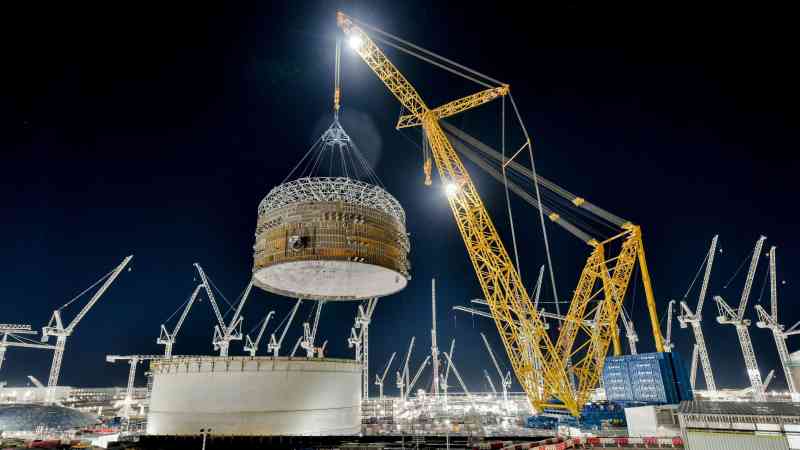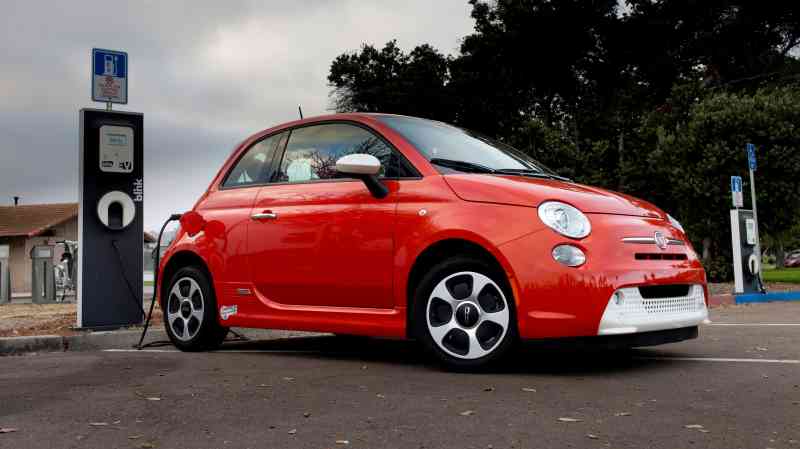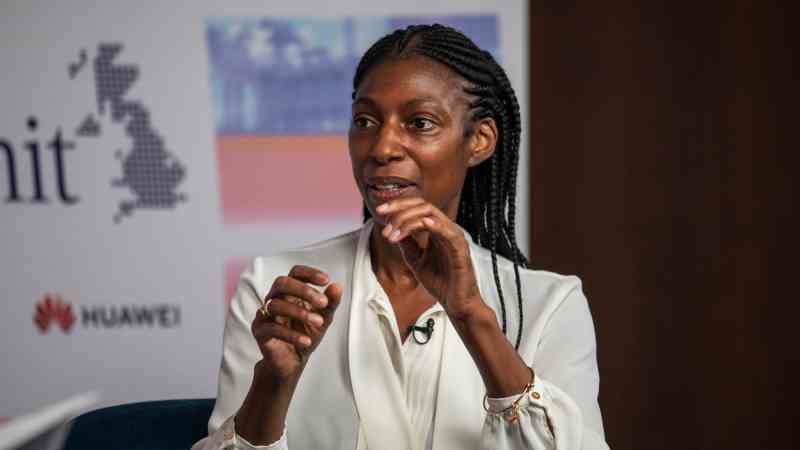Hinkley Point C nuclear plant playing catch-up after further delay
The Hinkley Point C nuclear plant will not start generating electricity until June 2026 at the earliest and will cost an extra £500 million after the pandemic delayed work by six months.
EDF said that it now expected the Somerset plant to cost between £22 billion and £23 billion following the latest in a series of cost overruns. The budget was £18 billion when the project got the go-ahead in 2016.
The French energy group warned that the revised timetable and budget depended on it being able to get construction back up to normal after Easter. It also reiterated the previously announced risk of additional non-Covid delays of 15 months that could cost a further £700 million and would mean that the plant would not start generating power until September 2027.
EDF said that social distancing rules meant it was still having to limit the number of people on site and had therefore not been able to catch up on work postponed when the pandemic began last year.
Stuart Crooks, managing director of Hinkley Point C, said that the delay reflected “a health crisis, not an issue with construction” and that “the fundamentals of this project remain good”. He added that “none of this extra cost is carried by British consumers”.
Hinkley Point C would be Britain’s first new nuclear plant in a generation and had been due to start up at the end of 2025. With a 3.2-gigawatt capacity, the twin-reactor project should be able to generate enough electricity to power up to seven million homes.
EDF reduced the number of people on site from 5,000 pre-pandemic to 2,000 during the first lockdown to allow for social distancing measures and also experienced delays in its supply chain as factories reduced their output. Numbers are back to 5,000 but it has not yet been able to raise the figure to 7,000 as it had hoped.
Mr Crooks said: “Ten months after it began we are still facing the full force of the pandemic. This means we have not been able to bring on the extra people needed to catch up on work we postponed at the height of the crisis.”
He said this translated to a three-month delay to the schedule in 2020 and a further three months this year, assuming that construction returns to normal from the second quarter.
Critics had long questioned EDF’s pledges that it would deliver the plant “on time and on budget” given the cost blowouts and delays seen in the construction of the same reactor type elsewhere in the world. Even the 2025 start date was significantly behind EDF’s original ambitions: in 2007 it claimed that it would deliver a new nuclear plant by Christmas 2017.
The plant eventually got the go-ahead in 2016, thanks to a contract from the UK government which guarantees that consumers pay a high fixed price for the electricity it will generate. While the contract was criticised as too expensive, it did leave EDF and its partner CGN, the Chinese state nuclear group, responsible for any cost overruns. The government has begun negotiations with EDF on a different approach to support a proposed sister station at Sizewell in Suffolk in which the public would share the cost of overruns.
Kwasi Kwarteng, the business and energy secretary, said last week that new nuclear plants were “essential” as Britain’s energy system needed a “firm, stable source of power”.




Post Comment